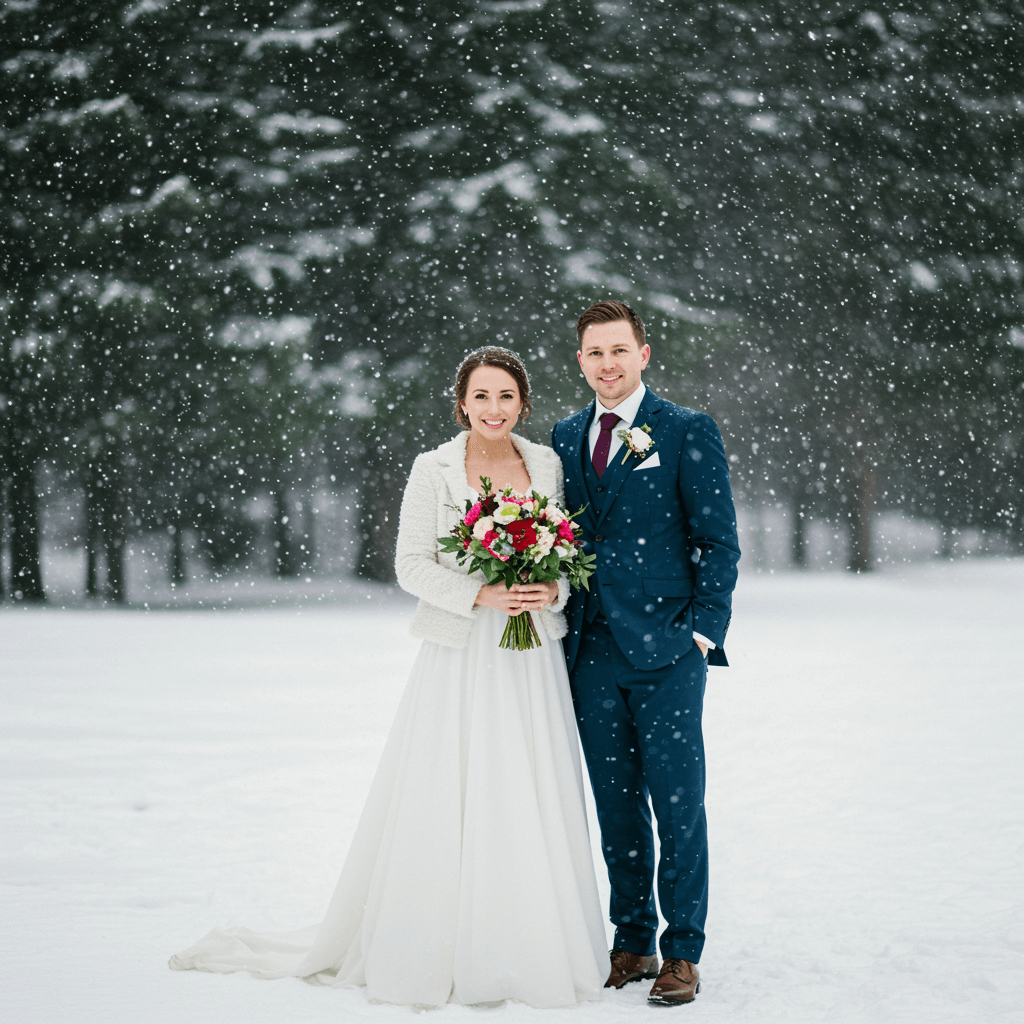Самосохранение в отношениях — это практика поддержания эмоциональной безопасности при интимной близости с партнером. Она включает в себя эмоциональную защиту, установление границ и избежание ситуаций, которые могут причинить излишнюю боль. Хотя самосохранение иногда рассматривается как барьер для близости, при сбалансированности с эмоциональной открытостью оно может быть здоровой стратегией.
Концепция подчёркивает, что прежде чем полностью посвятить себя другим, люди должны уважать свои собственные потребности, страхи и ограничения. Без самосохранения люди рискуют потерять чувство собственного "я" или стать уязвимыми для повторной эмоциональной боли.
Роль страха в самосохранении
Страх играет центральную роль в самосохранении. Многие люди не решаются выражать эмоции или делиться самым сокровенным со своим партнером из-за страха быть ранеными. Этот страх может исходить из прошлых отношений, предыдущих предательств или общей эмоциональной чувствительности.
Хотя страх может создавать дистанцию, он также служит защитным механизмом. Признание и преодоление этого страха позволяет для более здорового эмоционального раскрытия без ущерба для самозащиты.
Эмоциональная Открытость Vs. Самозащита
Баланс между эмоциональной открытостью и самозащитой имеет решающее значение для поддержания здоровых отношений. Эмоциональная открытость способствует интимности, сочувствию и доверию между партнерами. И наоборот, чрезмерное стремление к самосохранению может препятствовать эмоциональной близости и создавать барьеры для связи.
Ключевая проблема в отношениях — это понимание, когда делиться чувствами, а когда сдерживаться, чтобы защитить себя. Эмоциональная открытость не означает безрассудное саморазоблачение — она включает в себя тщательную оценку отзывчивости и надежности партнера.
Признаки того, что вам, возможно, стоит больше заботиться о себе
Определенное поведение указывает на необходимость самосохранения в отношениях:
- Чувство опустошенности или эмоционального истощения после общения
- Страх быть раненым, когда выражаешь истинные чувства
- Постоянно поступаться личными потребностями ради отношений
- Трудности с доверием к партнеру в плане оказания эмоциональной поддержки
Признание этих признаков помогает людям предпринять шаги для защиты своего эмоционального здоровья, сохраняя при этом связь со своим партнером.
Как самосохранение формирует здоровые границы
Установление границ – это основная форма самосохранения. Границы проясняют, что приемлемо в отношениях, защищают эмоциональное пространство и определяют пределы близости.
Например, временное создание дистанции после конфликта позволяет обработать эмоции, не реагируя импульсивно. Границы не означают отсутствия заботы; напротив, они гарантируют, что оба партнера могут участвовать в отношениях, не ставя под угрозу эмоциональное благополучие.
Важность эмоциональной открытости
Даже с самосохранением, эмоциональная открытость остается жизненно важной. Обмен чувствами, уязвимостями и личным опытом укрепляет доверие и близость. Эмоциональная открытость создает возможности для эмпатии, понимания и взаимной поддержки, способствуя прочной привязанности в отношениях.
Ключ в балансе между открытостью и самосохранением: будьте эмоционально доступны, оберегая себя от ненужной боли. Этот баланс улучшает качество отношений и способствует долгосрочному эмоциональному здоровью.
Стратегии сохранения себя в отношениях.
- Определите свои эмоциональные границы – Понимать, когда делиться эмоциями может быть слишком рискованно или тяжело.
- Установите четкие границы – Уважительно сообщайте партнеру о своих личных границах.
- Создавайте дистанцию при необходимости – Взятие паузы после конфликта может предотвратить реактивное поведение и эмоциональную эскалацию.
- Приоритизируйте заботу о себе – Занимайтесь деятельностью, которая способствует вашему эмоциональному и физическому благополучию.
- Оценка отзывчивости партнера – Обратите внимание, отвечает ли ваш партнер на эмоциональное раскрытие поддержкой и сочувствием.
- Поразмышляйте о прошлых моделях – Определите ситуации, в которых отсутствие инстинкта самосохранения в прошлом приводило к боли.
Страх быть раненым и его влияние на отношения
Страх быть раненым может ограничивать эмоциональную открытость, приводя к избеганию или настороженности. Хотя этот страх естественен, в неконтролируемом состоянии он может создавать устойчивую эмоциональную дистанцию, препятствуя близости.
Практика самосохранения позволяет людям вступать в отношения, осознавая этот страх. Постепенно раскрываясь эмоционально в безопасных контекстах, можно управлять страхом, не жертвуя эмоциональным ростом.
Создание баланса между самозащитой и эмоциональной близостью
Самозащита и эмоциональная близость не являются взаимоисключающими понятиями. Установление четких границ, сообщение о потребностях и оценка реакции партнера способствуют как безопасности, так и близости.
Например, постепенное выражение чувств с одновременным отслеживанием эмоциональных реакций может предотвратить обиды и способствовать близости. Безопасная привязанность с большей вероятностью развивается, когда оба партнера уважают границы и оказывают последовательную эмоциональную поддержку.
Роль эмпатии в самосохранении
Эмпатия играет жизненно важную роль в поддержании баланса. Способность понимать чувства партнера, защищая при этом собственное эмоциональное здоровье, способствует формированию более здоровых моделей взаимодействия. Эмоциональная поддержка, заверения и активное слушание укрепляют отношения, уважая при этом себя.
Самосохранение в сочетании с эмпатией гарантирует, что оба партнера смогут удовлетворить свои эмоциональные потребности, не ставя под угрозу свое благополучие.
Как самосохранение укрепляет отношения
Как ни парадоксально, забота о себе может укрепить отношения. Когда люди уважают свои собственные границы, они избегают обиды, эмоционального выгорания и импульсивных реакций. Такая самосохранность создает пространство для взаимного уважения, эффективного общения и эмоциональной близости.
В отношениях, где оба партнера практикуют самосохранение, как правило наблюдается:
- Четкое общение
- Взаимное уважение
- Надежное крепление
- Здоровое разрешение конфликтов
Распространённые заблуждения о самосохранении
Некоторые люди приравнивают самосохранение к эгоизму или эмоциональной отстраненности. В действительности, самосохранение — это поддержание эмоционального равновесия, а не избегание близости. Оно гарантирует, что люди останутся эмоционально устойчивыми и способными давать и получать любовь, не теряя себя.
Заключение: Баланс между сохранением и эмоциональной открытостью
Самосохранение в отношениях — необходимый навык для эмоционального здоровья и надежной привязанности. Распознавая личные границы, прорабатывая страхи и устанавливая здоровые границы, люди могут защитить себя, одновременно укрепляя значимые связи.
Баланс между самозащитой и эмоциональной открытостью создает отношения, которые являются устойчивыми, эмпатичными и эмоционально полноценными. При осознанной практике, самосохранение усиливает близость, а не уменьшает ее, позволяя обоим партнерам процветать эмоционально и в отношениях.













